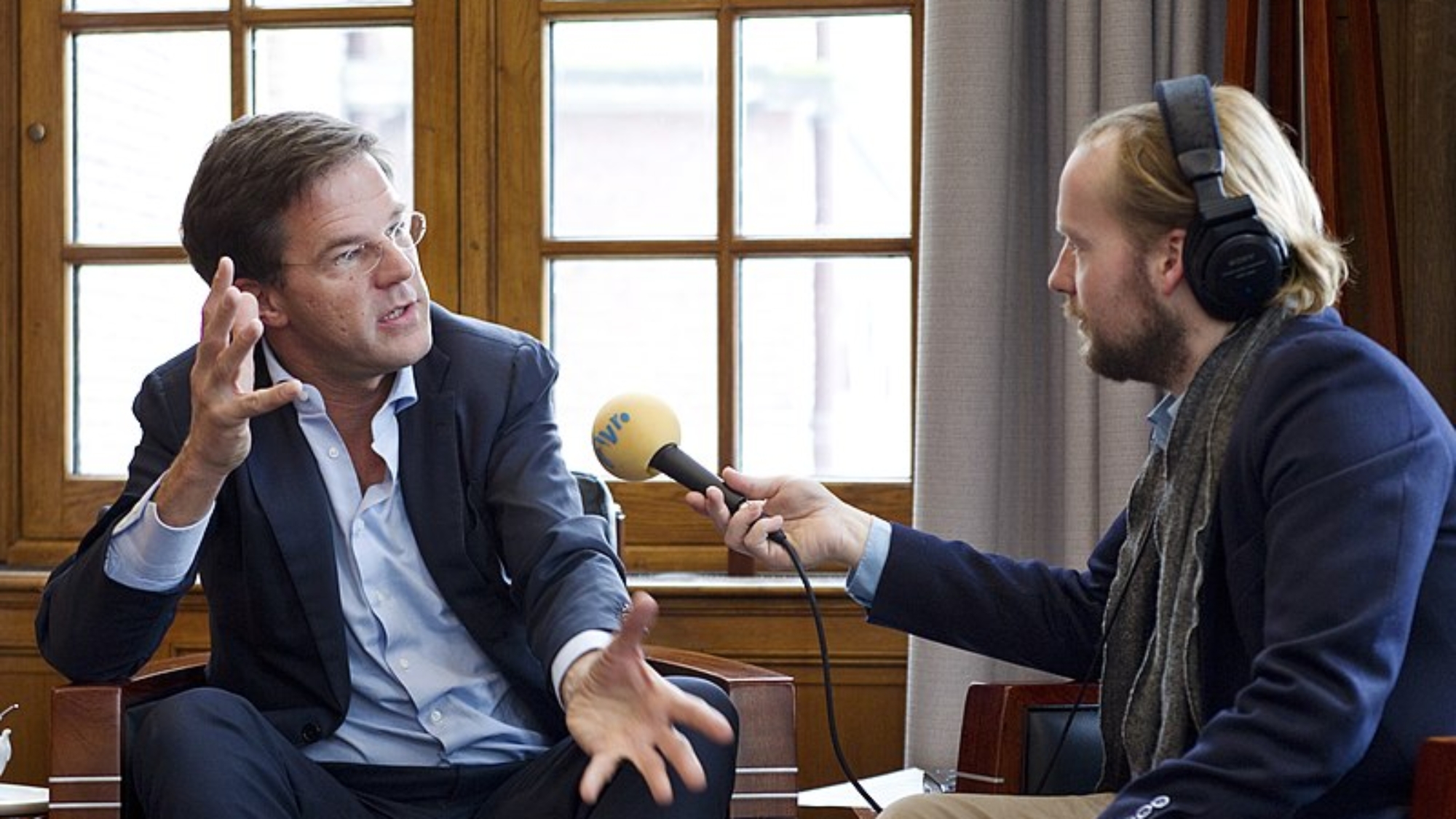How you carry out an interview and the rules you must follow, all depend on the type of interview you’re doing and who you’re interviewing. Interviewing a random member of the public on the street requires a different approach to sitting down and interviewing a subject matter expert or a well known person in their field. Regardless, we’ve put together some key tips to follow to make sure you get the best interview possible
Prepare
Find out everything you can about the interviewee. Always be prepared for interviews. You must do your research about the subject and the individual that you’re interviewing. List your questions carefully. If time is short, narrow them down to a handful of core questions. Test and practise your recording equipment. Make sure your pen is working. And always arrive on time or earlier to meet your subject. It’s important you convey a professional, purposeful demeanour and image. You should even consider dressing a certain way that’s appropriate and conveys the message that you think is important about you and your work. Learn to listen. Not all journalists are good at this at first. It’s an important skill. I repeat, learn to listen.
Questions
Avoid closed questions requiring a yes or no answer, make it open ended requiring an explanation. Always ask why. Ask “how does that work?’ ‘Can you help me understand this? To come up with a question, think if this was a movie, what would the opening scene focus on? Try staying silent during some long pauses, or just let people say whatever they like. You must be curious. You must be polite and measured too. A simple tip. Despite all the movies and dramas, avoid alcohol during any interviews with subjects. It never ends well. If you find your subject is being careful in their answers, then try and spot what they’re doing. To paraphrase Arthur Conan Doyle, try and find the dog that is no barking in the night. Sometimes what someone is not saying can be as interesting and indicative of something important as what they are saying. If the interview doesn’t go well, back off politely and firmly. Re-evaluate and consider what your next move is.
Interviewing Powerful People vs Ordinary People
Be demanding of powerful people. Often the best information comes at the end when the source thinks the interview is over and they let loose. Keep the camera rolling. If a source is evasive, say that they’re not answering the question and if they stick with that response, you’ll have to write that they refused to answer. With ordinary people on the street, be prepared to have a few interviews before finding something worth using. Have a soft approach when asking them to interview. Be sensitive with victims and shy people.
In disaster situations, listen carefully after asking survivors, witnesses etc a question and don’t talk too much. Treat victims with dignity and respect, clearly identify yourself, never say ‘i understand’ or ‘i understand how you feel’. Don’t ask the hardest questions first. Leave if it’s too dangerous. Victims deserve sensitivity and dignity; consider if images are too graphic and respect private grieving.
Once you’re had the interview, you’ll need to write it up. Read our guide to structuring a news article to help you.

